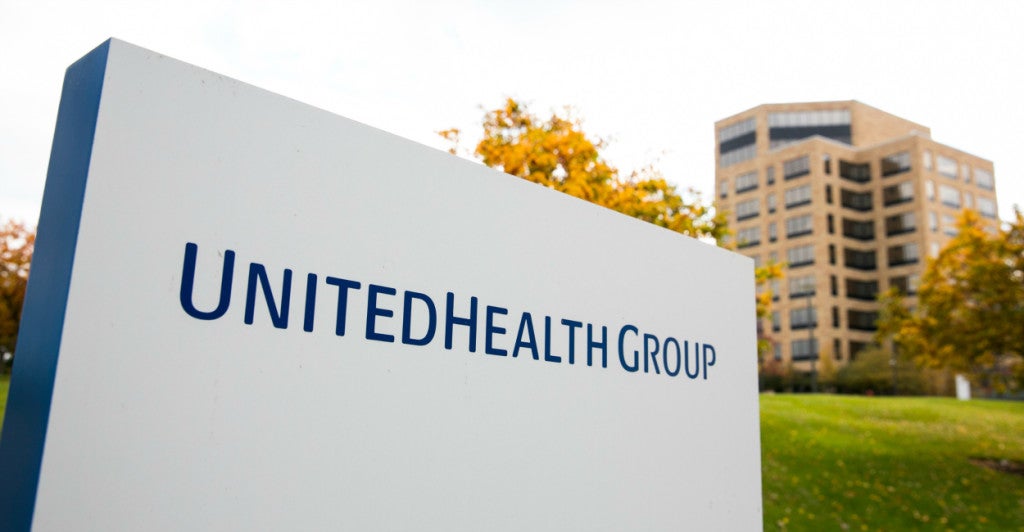UnitedHealth Group, the nation’s largest health insurer, announced Thursday that it has reduced its earnings expectations for 2015 and projected a similar initial outlook for 2016. The company also indicated it is considering leaving Obamacare’s public exchange markets in 2017.
The company expects a $0.26-per-share—or $425-million—reduction in its fourth-quarter earnings for 2015.
UnitedHealth Group added that it anticipates net earnings of $7.10 to $7.30 per share in 2016 and promises to provide additional details at its upcoming investor conference.
In a press release, the company said the changes reflect “a continuing deterioration in individual exchange-compliant product performance.”
UnitedHealth added that “the earnings pressure is driven by projected losses on individual exchange-compliant products related to the 2015 and 2016 policy years.”
“In recent weeks, growth expectations for individual exchange participation have tempered industrywide, co-operatives have failed, and market data has signaled higher risks and more difficulties while our own claims experience has deteriorated, so we are taking this proactive step,” Stephen J. Hemsley, chief executive officer of UnitedHealth Group, said in a statement.
“We continue to be pleased with the growth and overall performance of our company outside of the individual exchange products and look forward to strong, positive and broad based earnings growth across our enterprise in 2016,” Hemsley continued.
Ed Haislmaier, a senior research fellow in health policy studies at The Heritage Foundation, told The Daily Signal that UnitedHealth’s announcement is “quite interesting,” given that it recently “expanded [its] footprint” in the exchanges.
So far, Haislmaier said, many of the carriers who have failed on the exchanges have been “local or regional,” but UnitedHealth is a “big national carrier.”
Haislmaier said that for the “carrier with the most states by far” to pull back its participation would be “significant,” and that the number of plans consumers could purchase in their states would decline.
He added that the plans on the exchanges haven’t been profitable because the enrollees are utilizing services at greater than expected rates, including healthy people who have “no disincentive to over-use the plans.”
